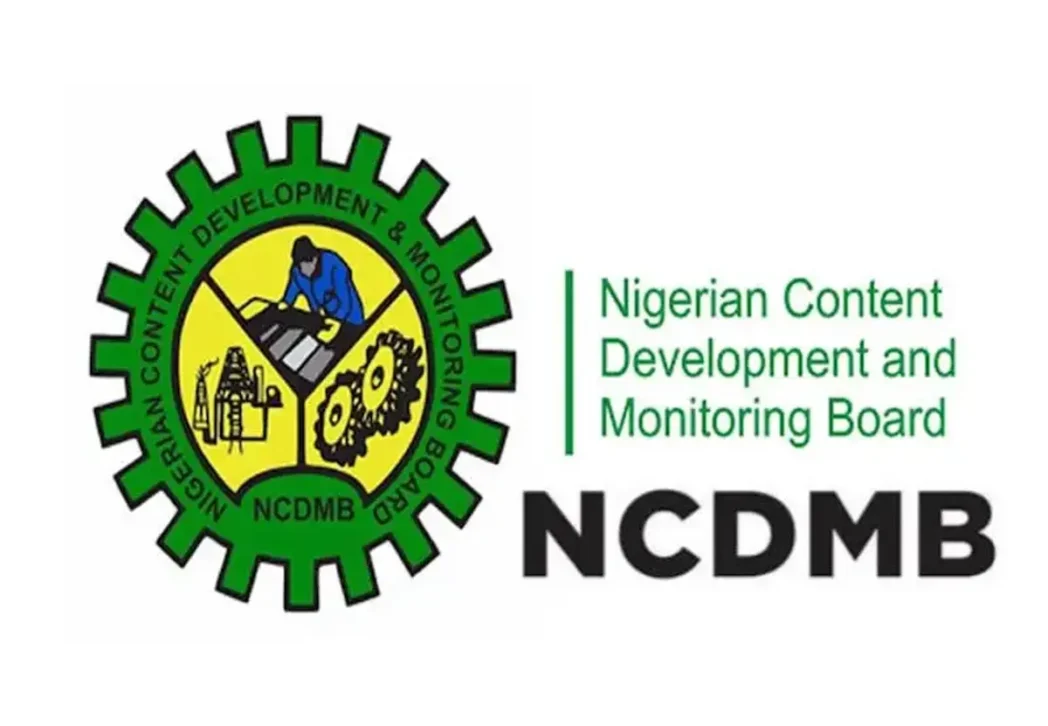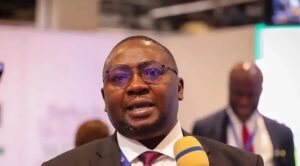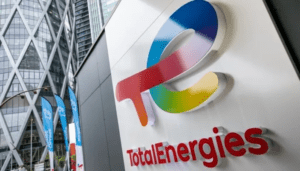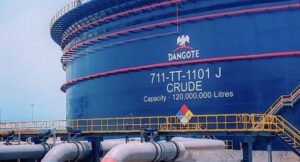


NCDMB urges media to deepen coverage of Nigerian content achievements
By Barth Ndubuwah, Port Harcourt
The Nigerian Content Development and Monitoring Board (NCDMB) on Monday in Port Harcourt challenged practicing journalists and media stakeholders to utilise their skills in scrutinising reports on the performance of Nigerian Content in the oil and gas industry, in order to better inform the public about the significant success in local value addition.
Speaking at a one-day workshop titled “The Role of the Media in Maintaining the Tempo of Nigerian Content Implementation,” the Executive Secretary of the NCDMB, Engr. Felix Omatsola Ogbe, highlighted the Board’s recognition of the media’s capacity to inform and educate the public. He explained that the workshop was part of the Board’s effort to keep media professionals updated on its activities.
He said, “In 2025, NCDMB will be 15 years old. Looking at what we have achieved so far, moving Nigerian Content from less than 5% in 2010 to 56% today, we can confidently say that we have made significant progress.”
To further contextualise the growth in local content, he added, “For every N100 spent in the industry by operators and service companies, N56 is now retained in-country in terms of value addition, including local assets, goods, and expertise.” The Board aims to increase this figure to 70% by 2027.
He encouraged journalists to probe further, asking, “How did we get here? What metrics are used to calculate these figures? That is what will make your reporting more informative.” Ogbe assured the journalists that the Board would provide support whenever such clarifications are needed.
The Executive Secretary, who was represented by the General Manager for Corporate Communications and Zonal Coordination, Barr. Esueme Dan Kikile, explained that the integration of host communities into the oil and gas supply chain is crucial for achieving the 70% target by 2027. He confirmed that appropriate measures are being implemented in this regard.
He reiterated that the Board would execute the Back-to-the-Creeks Initiative to enhance the oil and gas industry’s contributions to local communities. This includes supporting basic education, providing affordable financing for community contractors, and equipping youth with relevant industry skills, all aimed at benefiting the local economy.
Ogbe also emphasised the Board’s commitment to supporting host community contractors, noting that the Community Contracting Financing Scheme has been reviewed. The single obligor limit has been raised from N20 million to N100 million to offer local contractors more opportunities to access higher contract amounts. “These measures, among others, aim to reduce conflicts and create a peaceful, harmonious operating environment for oil and gas companies,” he explained.
He underscored the role of journalists in sustaining the local content programme, saying, “We expect the media to scrutinise these policy initiatives and follow up to ensure that NCDMB accomplishes its objectives. This will help our communities and our young people.”
The workshop featured several paper presentations and panel discussions. In the first presentation, “Implementing Nigerian Content New Contracting Guidelines,” Engr. Bashir Ahmed, a supervisor in the Project Certification and Authorisation Directorate (PCAD) at NCDMB, explained the foundational aspects of the NCDMB’s operations, including its mandate, mission, and regulatory frameworks. He discussed the Presidential Directives issued by President Bola Tinubu in March 2024, aimed at reversing the decline in foreign investments in the oil and gas sector.
Ahmed outlined three key Presidential Directives: “Presidential Directive on Local Content Compliance Requirement,” “Presidential Directive on Reduction of Petroleum Sector Contracting Cost and Timeline,”and “Presidential Directive on Oil and Gas Companies (Tax Incentives, Exemptions, Remission, etc.).” He noted that the first two directives significantly impact NCDMB operations.
The directives, he said, aim to reduce the time required to conclude oil and gas contracts, eliminate intermediaries, and improve the verification and documentation of in-country capabilities. He also highlighted that these initiatives have revitalised dormant projects, with more investors returning to Nigeria for fresh negotiations. “More final investment decisions (FIDs) mean more jobs, more projects, and more local content,” he added.
In the second presentation, “Nigerian Content Measurement Metrics and 10-Year Strategic Road Map,” Mrs. Tassala Tersugh, General Manager, Midstream at NCDMB, explained the importance of performance monitoring against Nigerian Content commitments and statutory requirements, such as the NOGICD Act. She outlined key parameters for sustainable local content, including regulatory frameworks, capacity building, gap analysis, research and development, funding, incentives, and market access.
The third presentation, “Purpose-driven Journalism in the Age of Artificial Intelligence,” by Mr. Lekan Otufodunrin, a former editor with The Punch and media career coach, explored how Artificial Intelligence (AI) enhances journalistic work. Otufodunrin highlighted AI’s ability to analyse data, generate images, and transcribe text. However, he emphasised that AI tools cannot replace a journalist’s critical thinking and urged journalists to use AI ethically, clearly disclosing when AI tools are employed.
During the first panel session, Engr. Ahmed and Mrs. Tersugh, moderated by Dr. Obinna Ezeobi, Deputy Manager of Corporate Communications, discussed the steps required to achieve the 70% local content target by 2027. Ahmed stressed the importance of recognising market realities and encouraged indigenous oil and gas companies to specialise in areas where they can provide the most value.
Addressing whether the Monitoring and Evaluation (M&E) Directorate has the capacity to fulfil its tasks, Mrs. Tersugh affirmed that the Board has the necessary tools and is open to external assistance. She added that the NCDMB collaborates closely with other key industry agencies, including the Nigerian National Petroleum Company Limited (NNPCL) and the Nigerian Upstream Petroleum Regulatory Commission.
The second panel session, moderated by Dr. Ezeobi, included Professor Diri Teilanyo and Dr. Doubra Timi-Wood. Media practitioners and stakeholders from over 90 media organisations attended the workshop. Key management staff at the event included Mr. James Eyetigha, Zonal Coordinator for Delta and Edo States, and Dr. Emma Ohanere, Zonal Coordinator for Abia and Imo States.



